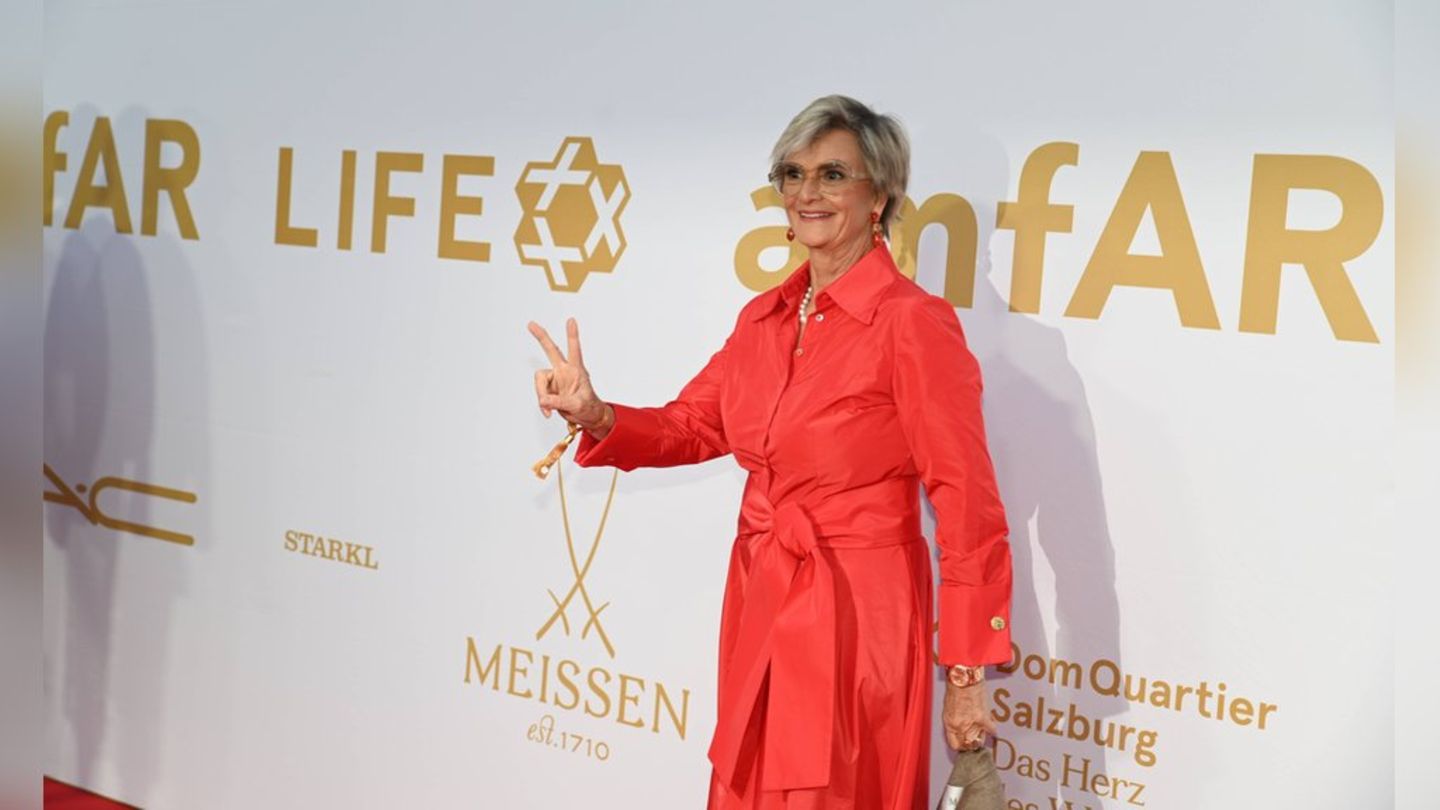The EU faces difficult discussions about its own ambitions on the international stage. At a summit in Slovenia, clear text should be spoken – also to EU accession aspirants.
After a hard struggle, the EU countries have agreed on a compromise in dealing with the EU accession hopes of the six Western Balkan countries.
According to information from the German Press Agency, it will be recorded in writing for the first time at the EU Western Balkans summit on Wednesday in Slovenia that the European Union is continuing to commit to the enlargement process that has begun. At the same time, however, it should be emphasized that the ability to integrate new members into the EU also requires further development of the Union itself.
With the addition, according to diplomats, the government in Paris in particular wants to keep open the possibility of blocking the admission of new members if the EU should prove incapable of reform in the coming years from the French point of view. The accession aspirants Albania, North Macedonia, Serbia, Montenegro, Bosnia-Herzegovina and Kosovo still have no absolute clarity about their chances of joining the EU.
Slovenia calls for clarity – Paris refuses
The course of the EU at the upcoming Western Balkans summit had been wrestled behind closed doors for days until Monday. According to diplomats, summit host Slovenia recently not only called for a commitment to the enlargement process, but also for the Western Balkan states to promise admission by 2030. Other states such as France and the Netherlands, however, vehemently opposed this. They argue that most of the Western Balkans will in all probability not be able to implement the necessary reforms so quickly by then.
In addition, Paris in particular does not consider the European Union to be expandable at the moment because of unresolved problems in its own ranks. For example, it is feared that an expansion by six more countries could make the decision-making processes, which are often very time-consuming, even more difficult.
Countries like Germany, on the other hand, argue that there are considerable risks involved in disappointing the aspirants’ hopes. You point out that the Balkans are also being courted by countries like Russia, China and Turkey. Disappointed hopes in the development of relations with the EU could therefore lead to reforms demanded by the EU states for more democracy and the rule of law being neglected.
Negotiations should start as early as 2020
It is particularly sensitive that the start of EU accession talks with Albania and North Macedonia has been blocked by Bulgaria for domestic political reasons for around a year – even though a clear EU decision to start negotiations was actually made in March 2020.
The summit must “send out the clear message that accession is an achievable goal for the Western Balkans,” commented Federal Foreign Minister Heiko Maas after a meeting with his North Macedonian colleague Bujar Osmani. There was a strong consensus among the political parties in the German Bundestag on support for the Western Balkans’ prospects for EU accession. “We will continue our commitment beyond the current phase of political transition,” emphasized the SPD politician.
Austria’s Foreign Minister Alexander Schallenberg told the “world” before the summit if the Europeans had paid such strict attention to compliance with the accession criteria when countries like Spain, Portugal and Greece joined, but also during the eastward expansion 15 years ago, as they do now in the case of the Western Balkans -States, then some of these countries might not be part of the EU today. “When joining the EU, it was and is still about the political goal of supporting young democracies and firmly anchoring our European model of life.”
EU appalled by the US going it alone
Before the heads of state and government of the EU states meet with the leaders of the Western Balkans on Wednesday, they want to discuss the possible consequences of the US’s recent solo foreign policy attempts at a small group dinner today. In view of developments in Afghanistan, the AUKU security partnership and the development of relations with China, EU Council President Charles Michel has launched a strategic discussion on the role of the EU on the international stage.
There had been horror in the EU that the US had negotiated a security pact for the Indo-Pacific with the UK and Australia behind the back of the EU in recent months. In addition, Washington is accused of lacking consideration for the interests of EU partners in view of the withdrawal from Afghanistan. In addition, there is a great deal of skepticism about the US’s confrontational course against China and the attempts to get the EU on board.
France in particular is demanding more independence from the superpower USA on security issues. Other countries, on the other hand, fear that cutting the cord could end up weakening the EU even more. Chancellor Angela Merkel, who is still in office, has recently been rather cautious about the demands from Paris.
David William is a talented author who has made a name for himself in the world of writing. He is a professional author who writes on a wide range of topics, from general interest to opinion news. David is currently working as a writer at 24 hours worlds where he brings his unique perspective and in-depth research to his articles, making them both informative and engaging.




